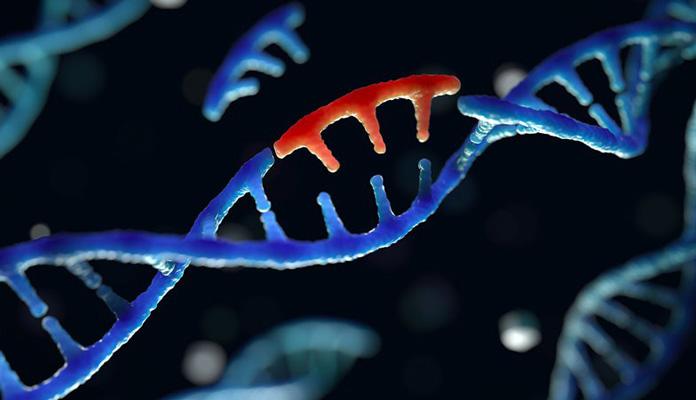EGFR-Positive Lung Cancer & EGFR Mutations
EGFR stands for epidermal growth factor receptor, which is a form of protein on the body’s healthy cells. It plays an important role in the growth and division of cells. When people with cancer get positive test results for EGFR, it means that there is a mutation in the gene. As a result, it transmits defective signals to the cells, which allow cancer cells to multiply and spread. [1]
An EGFR mutation happens when the DNA making up this protein has an error. This may occur in one of the following three ways:
– Point mutations: A single nucleotide is affected
– Deletions: The DNA of the EGFR misses several sequences
– Insertions: The DNA sequence of the EGFR is added with more codes.
The most common mutations of EGFR include EGFR L858R point mutation or EGFR 19 deletion. These differences may determine the treatment options for EGFR-positive lung cancer. [2]










